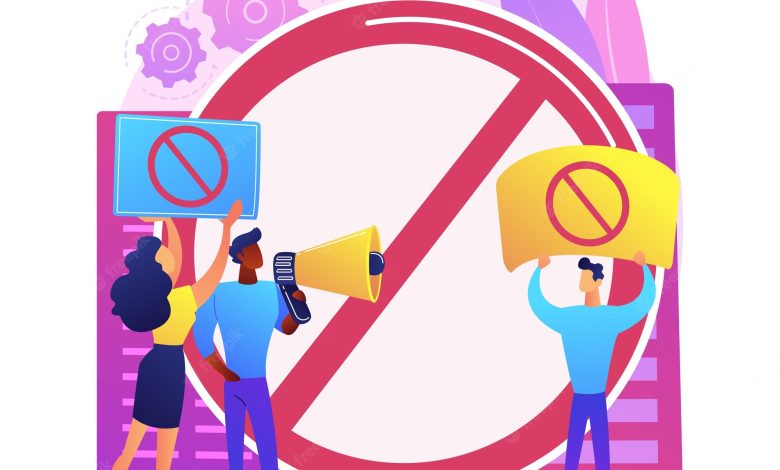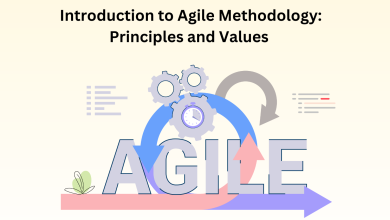Online Therapy to Overcome Observer Bias

Online Counselor: When an observer’s expectations about a person, item, or event affect their perceptions, this is referred to as observer bias. In other words, observer bias is a sort of bias that happens when a writer’s personal beliefs or viewpoints interfere with their capacity to address a topic objectively.
When a researcher has expectations about what will happen, this is known as observer bias, and it affects the data that is collected regarding participants or events. For instance, observer bias occurs when a researcher is attempting to determine whether there are more men or women in a public park and counts every person that passes her but overlooks some of the people who are wearing hats or backpacks because she doesn’t anticipate that they are women (even though they may be).
Other forms of observer bias include confirmation bias, in which a person interprets data in a way that supports pre-existing beliefs, selectivity bias, in which a researcher only uses data that supports his or her hypothesis, and recall bias, in which a person’s memory distorts their interpretation of events.
Effects and Implications of Observer Bias
When there is observer bias in a study, it affects the data collection process.
By taking some steps, researchers can combat this type of bias. They must ensure that any surveys or questionnaires are not designed to lead respondents to answer questions in the way that the researcher desires.
Furthermore, observer bias can result in inaccurate data sets, which can harm scientific research and public policy decisions. The presence of observer bias in your study can have negative consequences for the participants, such as misinterpretation of their behavior and biased treatment from the researchers.
Types of Observer Bias
- Observer-expectancy effect: The observer-expectancy effect can manifest itself in a variety of ways, including when the researcher unconsciously treats participants in different groups differently, resulting in unequal results between groups (for instance, if they are more likely to ask questions or give directions to one group). When a researcher deliberately treats participants differently because they have developed and want to test a hypothesis. It could also be when the researcher changes the participants’ body language, posture, tone of voice, or appearance in certain ways. One example of observer bias is when doctors expect a certain outcome based on prior experiences and then unconsciously influence their patients to achieve that outcome (for example, saying “I know this will hurt” when giving an injection).
- Actor-observer bias: The actor-observer bias is the phenomenon in which we attribute our actions to external factors (e.g., “I failed the test because it was too difficult”) while attributing other people’s actions to internal characteristics (e.g., “She failed the test because she is dumb”).
Let’s break it down to better understand:
The “actor” is the person who acts out the behavior.
The “observer” is someone who observes the actions of others.
The term “attribution” refers to our belief about what “caused” a person’s behavior.
It explains why we are prone to blaming others for events that occur, even when we would not blame ourselves for acting similarly.
If you see someone else fail a test, you will most likely attribute their failure to something within them: perhaps they did not study hard enough, or perhaps they are simply not as smart as everyone else.
3. Hawthorne effect: The Hawthorne effect is a type of observer bias that can occur in research studies when one or more people being observed change their behavior simply because they are being observed. The name comes from a series of experiments conducted in the 1920s and 1930s at Western Electric Company’s Hawthorne Works factory in Cicero, Illinois. During these experiments, researchers wanted to see if changing the lighting would boost productivity. They discovered that productivity increased while conducting the study, even when they tried different lighting scenarios and reduced the light levels. This led them to believe that, rather than the lights, it was simply the fact that people were receiving more attention from their supervisors than usual that was improving productivity.
4. Experimenter Bias: The experimenter bias of the observer bias is that the researcher believes they will find what they are looking for. You may already have an idea of what the results will be before starting a research study.
If this is the case, you are inviting some observer bias. When you have a predetermined idea of what the results will be and conduct a study to test your theory, you may be tempts to twist those results to make them more in line with your predictions.
So, if you’re conducting a study to see if taking folic acid while pregnant reduces the risk of having an autistic child, and you hypothesize that it does, but after conducting your study, you might decide that folic acid does reduce the risk, but only when combined with another vitamin.
How to minimize Observer Bias
There are several methods for reducing observer bias in research studies, including the triangulation method, masking, and using multiple observers. Other methods for reducing observer bias include:
- Instead of selecting subjects for each group, assign them at random.
- Use blind experiments in which your subjects have no idea which treatment they are receiving.
- You can also videotape the research project and have it analyzed by a third party.
- With multiple researchers involved in the project, it will be more difficult for one researcher’s biases to have a significant impact on the project’s outcome.
It’s difficult to control all of the variables, but you should try. For example, if you want to see if a certain treatment helps people lose weight, you could conduct a blind study in which half of the participants see a doctor who tells them they have a good chance of losing weight even though they are actually in a control group.
If you feel that you may use some expert advice, Talk to an Online Counselor and a psychologist of your choosing about your struggles. You may connect with the best psychologists in India, counsellors, psychologists, and psychiatrists at TalktoAngel with just one click, and they can help you handle your mental health difficulties and take care of your mental health on your own.




